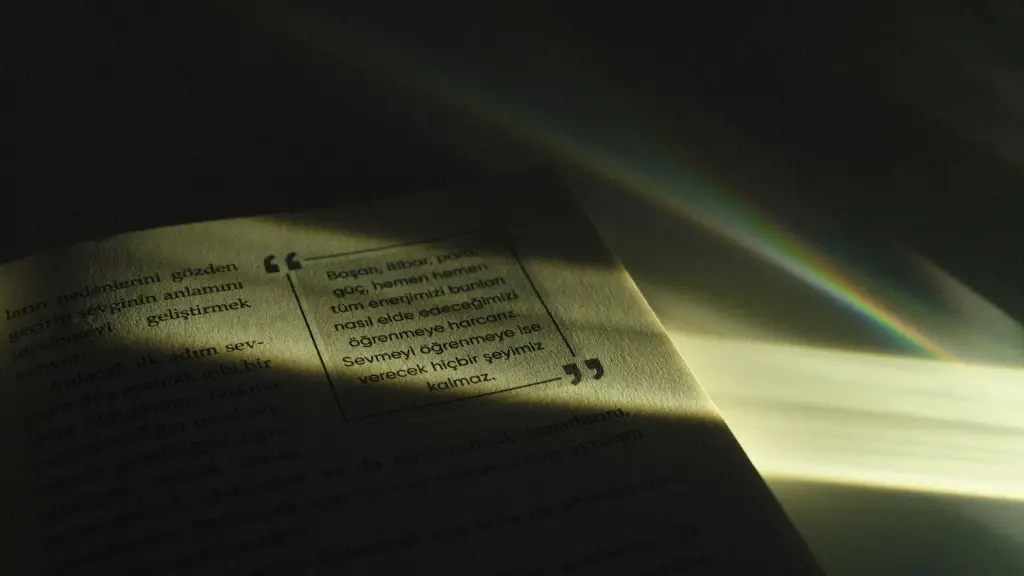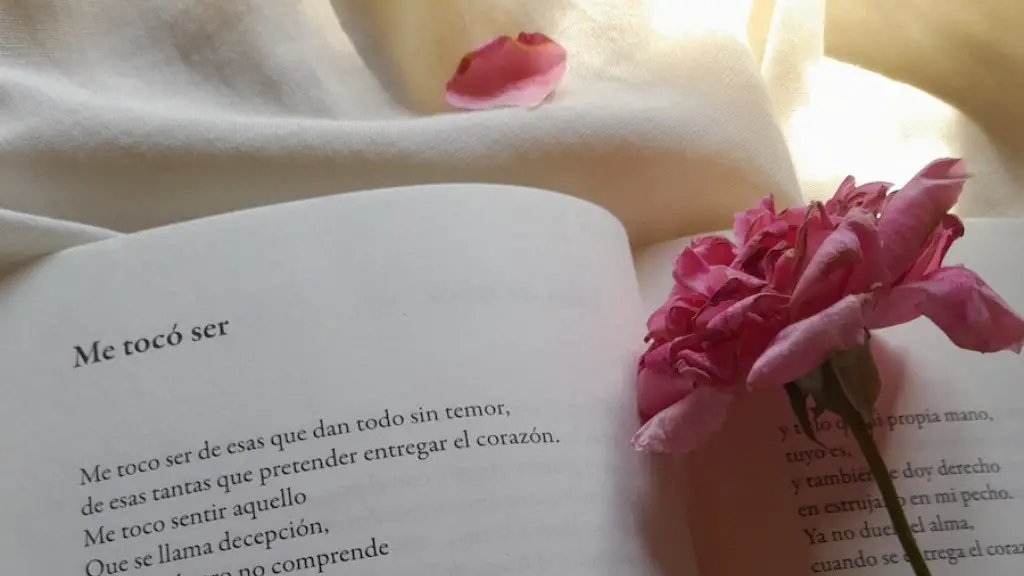John Donne’s metaphysical poetry stands as an unrivaled tour de force of early modern English literature. His works are characterized by intense personal exploration, religious themes, and intricate, convoluted imagery. There is perhaps no poet better suited to signify the transition from traditional Elizabethan lyric principles and style to the language of modern philosophy and science. In Donne’s poetry, the scientific approach is evidenced in his precise and precise word choice and God-centered themes. In metaphysical poetry, John Donne searched for answers to life’s most difficult and long unanswered questions. At its core, metaphysical poetry by John Donne sought to bridge the gap between intellect and spiritual truths through complex metaphors of natural phenomena and human emotion.
Donne’s metaphysical poetry utilizes a specific form of imagery common to a number of his contemporaries, including Ben Jonson and George Herbert. This imagery is called conceit, and it is a comparison between two seemingly disparate subjects. For example, in Donne’s “A Valediction: Forbidding Mourning”, he compares his relationship to his wife to a mathematical compass and in “The Flea”, he compares his passion for his beloved to the bloodsucking flea. By utilizing metaphor, Donne was able to create intricate and meaningful links between natural, physical objects and intangible human experiences.
John Donne’s metaphysical poetry was also steeped in Christian traditions. His imagery and language often revolved around religious themes such as God, angels, sin, faith, and salvation. In “The Canonization”, Donne uses the image of a canonization process to explore the theme of being “canonized” by one’s love, or beloved. In this poem, Donne explores the spiritual power of love and its ability to sanctify and elevate the self. Ultimately, Donne was seeking to bring the experience of human love into the realm of religious significance.
John Donne’s metaphysical poetry was characterized by its intense use of language and imagery. He was one of the English language’s earliest experimenters with metaphysical concepts, and his work is marked by its metaphysical ethos. He sought to bridge the gap between science and spiritual truth by weaving complex tapestries of metaphor. Donne was also a religious virtuoso, exploring the power of human love to sanctify and elevate the self. By using conceit and discussing religious themes, Donne was able to create a unique and diverse style of poetry that leapt across the boundaries of genre, intellect, and emotion.
Being Intensely Introspective
Donne’s use of conceit and his thematic exploration of the power of love marked his work as intensely introspective. By comparing seemingly disparate subjects and exploring the nature of religious faith, Donne was able to express a deeply personal interpretation of spirituality and human emotion. The intensity of Donne’s introspection manifests itself in the intensity of his poetic language. His imagery and word choice often draws out an emotional power in his descriptions of Love, Faith, and God that is unparalleled.
Donne was also a masterful stylist, utilizing intricate versifications and lines that are often difficult to follow. One example of this complexity is evident in the poem “The Canonization”, in which Donne employs a complex rhyme scheme organized around pairs of rhymed half-lines. Additionally, Donne made use of language that was often opaque and elusive, making use of Latin terms, obscure allusions, and extended analogs. Yet while his language was often difficult to parse, Donne was able to use it to explore the spiritual complexities of the self and capture a range of emotional complexities.
John Donne’s metaphysical poetry exhibits a unique combination of stylistic discipline, religious reflection, and emotional intensity. By melding traditional religious themes with innovative modern conceits, Donne was able to explore the power of love and religious faith through complex metaphors and emotional depth. Donne’s metaphysical poetry stands as a testament to the power of literature to explore and express the deepest human emotions and experiences.
Rich and Unique
John Donne was a master of crafting vivid and complex metaphors to explore complex spiritual and human emotions. His works combine religious themes and imagery with complex imagery that render the spiritual world into the concrete and physical. For example, in the poem “A Valediction: Forbidding Mourning”, Donne explores the relationship between two lovers by comparing their connection to the perfect mathematical balance of a compass. By using conceit, Donne was able to effectively render the connections of love and faith in concrete and tangible form. The result was a rich and unique style of poetry that allowed Donne to explore the human experience in a deeply meaningful way.
Donne’s metaphysical poetry also contains an intense focus on the religious experience. His works often explore themes of faith, salvation, and spiritual power, and the power of human love to transcend time and the material world. In “The Canonization”, Donne explores the theme of being “canonized” by Love through his metaphor of the canonization process. Donne’s works often reflect a deep exploration of the spiritual realm and its impact on the human experience of love and faith.
Overall, John Donne’s metaphysical poetry is an original and innovative bridge between the scientific and spiritual realms. Through a combination of complex imagery and religious reflection, Donne was able to explore the power of love to bring one closer to God. His works, characterized by vivid and intense imagery, served as a testament to the power of literature to explore the depths of the human experience. Donne’s metaphysical poetry stands as a masterpiece of early modern literature.
Impact on Popular Culture
John Donne’s metaphysical poetry has had a major impact on popular culture. His works have been referenced in many films such as Shakespeare in Love and A Room With a View. Additionally, his works have inspired numerous modern composers, songwriters, and playwrights. Donne’s metaphysical works were some of the first major works of English poetry to be translated into other languages, bringing his works to an international audience.
Donne’s works have endured throughout the centuries and remain as a popular source of inspiration and discussion. His works are among the most studied pieces of English literature, and they continue to inform and stimulate the modern English language. His influence has been particularly evident on modern poets, songwriters, and playwrights, who often draw on his vivid imagery and intricate symbolism for inspiration.
John Donne’s metaphysical poetry has left an indelible mark on the English language and literature. His works remain an inspiration to modern artists, thinkers, and poets. By exploring the boundaries between religious faith and science, and by melding traditional religious themes with modern topics and motifs, Donne was able to create a unique and versatile style of metaphysical poetry that continues to inspire and stimulate discussion.
Influence on Popular Thinking
In addition to its impact on literature, John Donne’s metaphysical poetry has had a profound influence on popular thinking. His works often explore difficult philosophical and ethical questions of faith, morality, and human experience. Donne’s works often discussed difficult and complex topics in a vivid and engaging manner, often combining religious and scientific themes in a way that few other writers had done before him.
Donne’s works have also had a major impact on metaphysical thought. His use of conceit and exploration of religious faith and scientific understanding remain essential elements of much modern metaphysical thought. Donne’s works have frequently been referenced by metaphysical writers and thinkers, including poet, novelist, and critic Wallace Stevens and psychoanalyst Carl Jung. Additionally, Donne’s works have also directly inspired metaphysical writers like Ernest Becker and Thomas Merton.
By utilizing allusions, complex symbolism, and religious themes, John Donne’s metaphysical poetry has had a profound impact on the English language and literature, as well as popular thinking. His works form a bridge between the worlds of the scientific and the spiritual, exploring the power of human love and faith to transform and transcend. Donne’s works remain as a potent source of exploration and inspiration to this day.
Social Commentary Through Metaphysical Poetry
John Donne’s metaphysical poetry often serves as a form of social commentary. Donne was able to use the intricate complexities of his poetic language to render complex issues of morality, faith, and human experience into clear and tangible form. Donne often used his unique style of conceit and religious imagery in order to explore and critique pressing social concerns of the era.
In his poem, “A Valediction: Forbidding Mourning”, Donne explores the emotional separation of two lovers. Through his deft use of metaphor, Donne critiques the separation of a husband and wife due to social and economic circumstances. He uses the imagery of a mathematical compass in order to suggest that the emotional break between two people is ultimately caused by outside forces, such as society.
Donne’s metaphysical works also critique religion and faith in a meaningful way. He often used his intricate poetic language in order to explore the intangible and often troubling aspects of religious faith. This can be seen in the poem “The Canonization”, in which Donne uses the metaphor of an official canonization process to examine the spiritual power of love. By exploring the line between spiritual and secular authority, Donne was able to critique through his poetic language the way in which faith and religion can be misguided and misinterpreted.
Overall, John Donne’s metaphysical poetry often served as a form of social commentary. His works explored issues of faith and morality through his vivid use of metaphor, and often critiqued contemporary social issues. By bringing together the spiritual and scientific realms, Donne was able to use his works as an effective tool to explore the complex human experience.





